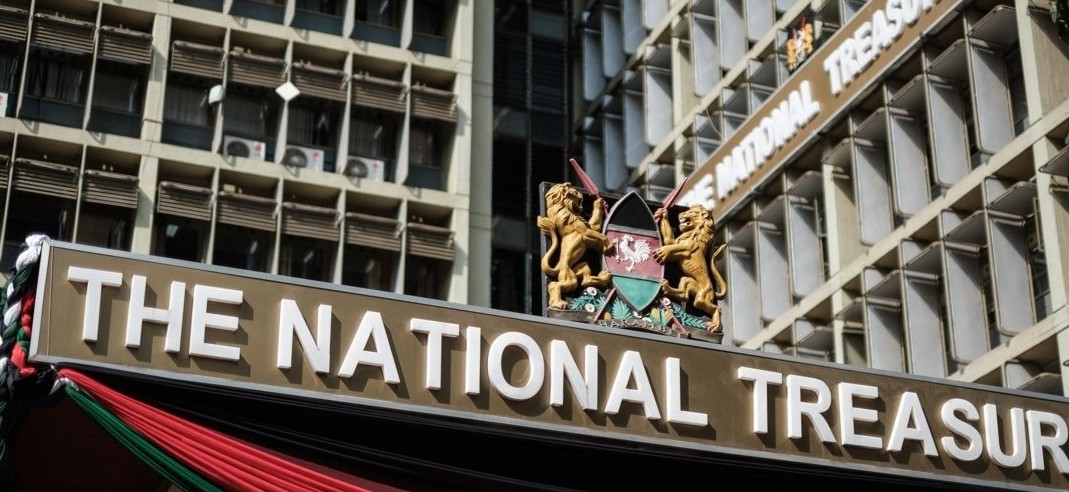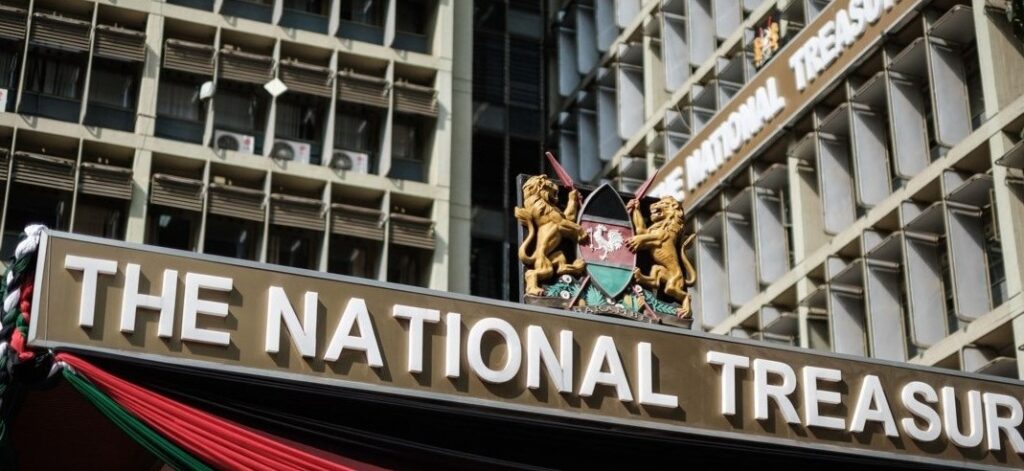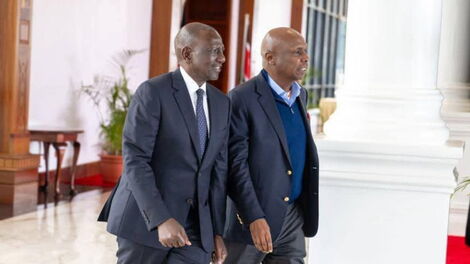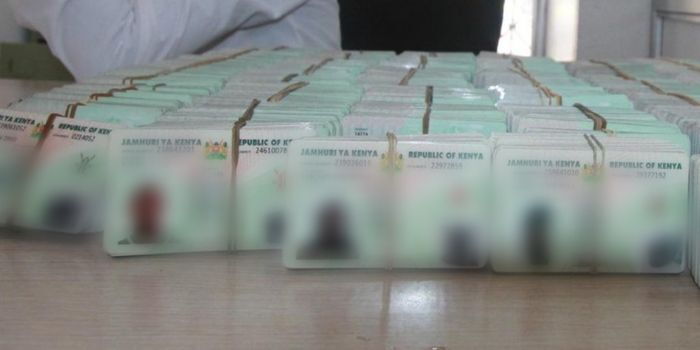
In a dramatic escalation of Kenya’s anti-graft war, the Ethics and Anti-Corruption Commission (EACC) has uncovered a multi-million-shilling bribery syndicate operating from within the National Treasury.
Four senior government officials were arrested Thursday evening in a covert sting operation that has stunned the public and sent shockwaves through the corridors of power.According to preliminary investigations, the suspects were caught red-handed soliciting and receiving bribes totaling Sh10.5 million from contractors and suppliers seeking expedited payments from the government.
The syndicate allegedly preyed on firms with delayed Treasury payments, demanding hefty kickbacks as the price for processing their funds.The four officials, whose names have not yet been released pending arraignment, were nabbed following weeks of surveillance by the EACC.
Sources within the commission say operatives monitored bank transactions, intercepted communication, and followed suspicious financial trails leading straight into Treasury offices.“This was not a one-time deal.

What we are looking at is a structured network—an extortion racket—that has been thriving within the National Treasury, exploiting budgetary delays to extort desperate contractors,” a senior EACC investigator revealed under condition of anonymity.
EACC detectives recovered millions in cash, multiple mobile phones, laptops, and official documents during the raid. Early forensic analysis indicates several fraudulent transactions disguised as consultancy fees or ‘facilitation costs’ were used to mask the illegal payments.
Widespread Corruption Embedded in Payment Systems.
The exposé has reignited public outrage over entrenched corruption in the disbursement of government funds. Analysts warn that the case may only be the tip of the iceberg, exposing a wider institutional rot that has crippled public finance delivery and paralyzed critical services.
“Contractors are often left chasing payments for months, sometimes years. This delay has bred a culture where bribes are normalized as the cost of doing business with government,” said economist Paul Mwangi.Insiders say investigations are now expanding to establish whether senior officials beyond the four arrested were aware—or possibly complicit—in the bribery chain.
Treasury insiders have gone silent amid growing speculation that more arrests could follow in the coming days.Arraignments Expected SoonThe suspects are being held at EACC headquarters and are expected to be arraigned at the Milimani Anti-Corruption Court as early as Monday.
They will face multiple charges including abuse of office, receiving bribes, conspiracy to defraud, and engaging in organized economic crimes.EACC spokesperson Eric Ngumbi confirmed the operation, stating:“The Commission successfully executed an intelligence-led sting operation targeting a bribery cartel at the National Treasury.
Evidence gathered so far points to an elaborate criminal scheme. We remain committed to dismantling corrupt networks at all levels of government.”A Blow to President Ruto’s Anti-Graft Agenda?
The scandal lands at a critical time for President William Ruto’s administration, which has repeatedly pledged to clean up public institutions. This revelation, however, puts pressure on the executive to go beyond words and enforce strict reforms at the Treasury.
Civil society organizations have called for immediate suspension of all officials implicated in the scandal, pending full investigation.
“We demand an audit of the entire payment system and a freeze on all non-essential Treasury disbursements until this house is put in order,” said Transparency Kenya Director, Martha Kilonzo.







